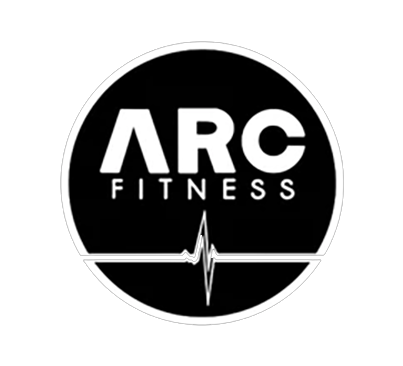No products in the basket.
Arc Fitness
What is Responsibility in Recovery from Addiction?
What is Responsibility in Recovery from Addiction?
Responsibility in recovery from addiction is a crucial concept that involves taking ownership of one’s actions and decisions. It is about acknowledging the impact of addiction on oneself and others, and actively working towards making amends and building a healthier future. Embracing responsibility can significantly enhance the chances of sustained recovery and personal growth.
Defining Responsibility in Recovery
In the context of addiction recovery, responsibility means recognising and accepting the consequences of one’s behaviour. It involves being accountable for one’s actions and understanding that recovery requires ongoing effort and commitment.
Why Responsibility Matters
Taking responsibility empowers individuals to make positive changes in their lives. It fosters self-awareness and encourages proactive behaviour. By accepting responsibility, individuals can move away from a victim mentality and take control of their recovery journey.
Personal Accountability
Owning Your Actions
Personal accountability is a key aspect of responsibility in recovery. It means being honest about one’s past actions and their impact. This honesty is crucial for personal growth and healing. Admitting mistakes and learning from them can pave the way for a more constructive and fulfilling life.
Making Amends
Part of being responsible is making amends to those affected by one’s addiction. This could involve apologising, repairing relationships, and making restitution where possible. Making amends is not only about seeking forgiveness but also about demonstrating a genuine commitment to change.
Commitment to Recovery
Creating a Recovery Plan
A vital component of responsibility in recovery is creating and adhering to a recovery plan. This plan should include goals, strategies, and a support system. Sticking to the plan requires discipline and dedication, but it is essential for maintaining sobriety.
Seeking Help and Support
Responsibility also means recognising when to seek help. Recovery is challenging, and having a strong support system can make a significant difference. This includes attending therapy, joining support groups, and reaching out to family and friends.
Healthy Lifestyle Choices
Prioritising Physical Health
Taking responsibility for one’s physical health is crucial in recovery. This includes maintaining a balanced diet, exercising regularly, and getting adequate sleep. Physical well-being directly impacts mental and emotional health, making it a vital part of the recovery process.
Mental and Emotional Well-being
Responsibility in recovery extends to mental and emotional health. This involves managing stress, addressing mental health issues, and practising self-care. Developing healthy coping mechanisms and seeking therapy can help maintain emotional balance and prevent relapse.
Relapse Prevention
Identifying Triggers
A responsible approach to recovery involves identifying and avoiding triggers that could lead to relapse. Understanding what situations, people, or emotions can prompt a relapse allows individuals to develop strategies to handle them effectively.
Developing a Relapse Prevention Plan
Creating a relapse prevention plan is a proactive way to maintain sobriety. This plan should include coping strategies, emergency contacts, and steps to take if a relapse occurs. Being prepared can significantly reduce the risk of relapse and help manage it if it happens.
Conclusion
Responsibility in recovery from addiction is about taking control of one’s life and making deliberate, positive choices. It involves personal accountability, a commitment to recovery, healthy lifestyle choices, and relapse prevention. Embracing responsibility not only enhances the recovery process but also contributes to overall personal growth and well-being. Recovery is a lifelong journey, and taking responsibility is a vital step towards achieving lasting sobriety and a fulfilling life.

